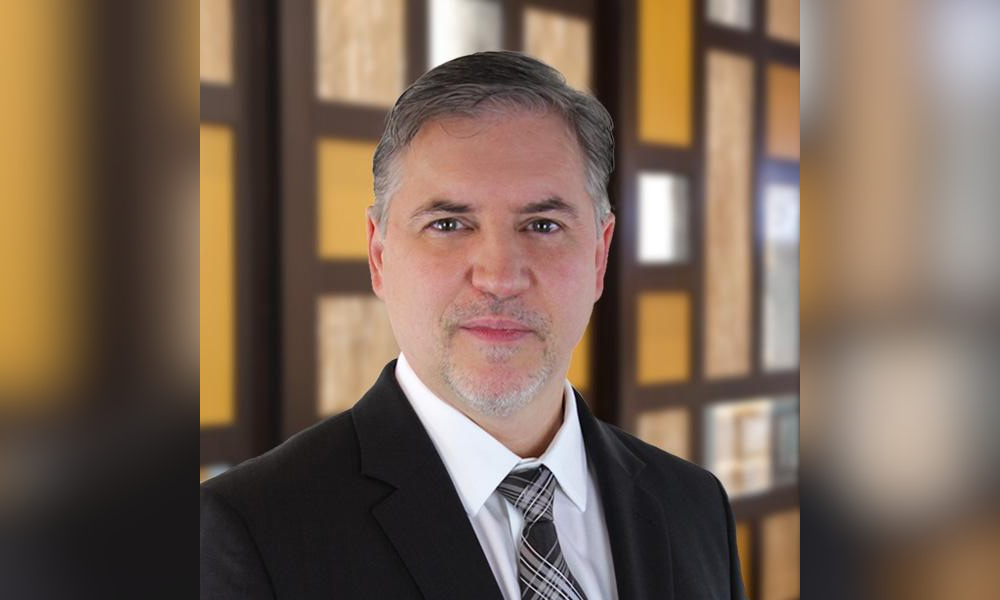The earlier people can assess their situation, the more options they will have in later life

A lot more people are having encore careers after they retire – some because they want to and some because they financially have to – and advisors can play a crucial role by helping them plan for whatever situation they face.
“Advisors need to get ahead of this with their clients and talk to them pre-retirement about what the potential is to have an encore career and then plan accordingly,” John Cindric, a senior financial advisor and certified financial planner with BlueShore Financial told Wealth Professional.
“You particularly have to be on [top of] the tax issues before those start coming to a point where your clients have nowhere else to go.”
Cindric, who is also a registered retirement consultant, recalled one client couple whom he knew had more money invested elsewhere. By the time they were turning 71 and came to him with their full financial picture, they each owed more than $2 million in taxes from their respective RRSPs.
“By that point, the only planning they could do going forward was to salvage some of that money that was going to go to the government,” he said, noting they each had to withdraw about $150,000 beyond their pensions and income, including investment and rental. That also meant they’d lose their Old Age Security payments.
He helped them preserve some money for their two sons by having them buy a huge insurance policy that cost them about $200,000 a year for 10 years to pay their tax bill when they died.
Cindric noted advisors have many different techniques to help those facing encore retirement situation while minimizing its tax impact. But the earlier that clients can begin to assess their potential tax situation and plan, the more options they will have to use.
“When people retire, you have the people who plan for it in advance and those who react to it when it happens. Usually the ones who plan for it are the ones who can choose whether or not to go back to work. But, the ones who don’t plan are generally those who have to go back to work,” he said.
Since most of his clients have planned ahead, he’s been able to help them with their budgeting and look at their tax issues. That helps clients want to double dip – such as return to work as a consultant or teacher while drawing their pensions – or turn hobbies into careers. It also helps if they want to turn a hobby into a new career or if they are being headhunted in their industry or if they just want to stay relevant as they can then address potential tax issues that they wouldn’t have if they were just volunteering.
Advisors may also want to look at delaying their CPP or OAS payments if those haven’t already been triggered or ensure that they and their spouse are contributing the maximum to RRSPs and spousal RRSPs. That could mean using insurance or other tax-efficient or tax-deferred strategies.
On the other hand, those who haven’t planned or have been paying off debts, or had unexpected events, such as becoming divorced, not receiving an anticipated inheritance, or had to support family members, and now fear that it will impact their own retirement funds may have to look at lifestyle changes. This could include reducing their costs, selling their home, or cutting off the family members that they’ve been supporting.
“If you don’t take the time to plan ahead, you’re going to have less choice,” said Cindric, noting that can result in much harder conversations, both with the clients and their families. “It’s like being on a plane. You have to put your oxygen mask on yourself before you can help others because, if you’re drowning yourself, you’re not helping anyone.”



